Santiago Center and Momento Ciudadano Foster Civic Education and Citizen Participation
Both organizations conducted a series of dialogues throughout 2023.
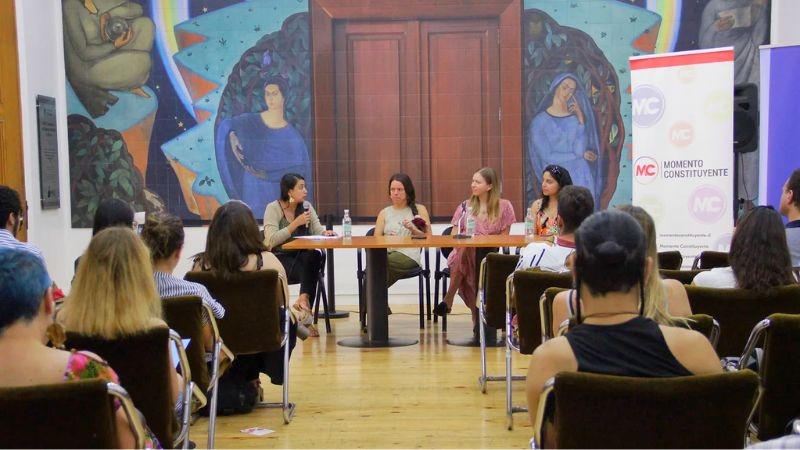
In a bid to champion citizen participation, advocate for human rights, and promote civic education, all throughout 2023 the Santiago Center joined forces with NGO Momento Ciudadano, led by Historian, Educational Anthropologist, and Columbia’s Teachers College alum Rodrigo Mayorga, to produce a series dialogues entitled “I+E: Investigaciones para la Educación Ciudadana” (Conversations I+E: Research for Civic Education).
Tailored for teachers, education professionals, and civic-minded individuals, the series aimed to bridge the gap between academic research and practical classroom applications. Each session featured insights from academics, representatives from public organizations, and civil society organizations, who shed light on recent research findings and proposed pedagogical activities to integrate new knowledge into educational settings. Catalina Padilla, Assistant Director of Education; Angélica Bonilla, Assistant Director of Research and Advocacy; and Paula Budnik, Advocacy Coordinator at Momento Ciudadano respectively, also participated in the sessions.
The lecture series commenced at the Gabriela Mistral Education Museum on January 7 with a discussion titled 'Participation, Dialogue, and Inclusion: Building Citizenship in Schools' (Participación, diálogo e inclusión: Construyendo ciudadanía en la escuela). Speakers included Francisca Elgueta, Co-Founder and Executive Director of Escuela Global, and a history teacher specializing in school reintegration at Colegio Betania in the La Granja borough of Santiago, who was awarded the Global Teacher Prize Chile 2022. Joining her were prize finalists Valentina Rojas, an Elementary School Teacher with a specialization in Mathematics at Colegio CREE in Cerro Navia, Santiago, and Francisca Villegas a History Teacher at the Instituto Agrícola Pascual Baburizza, located in Los Andes, in the Valparaíso Region.
The panelists emphasized the importance of establishing a solid democratic foundation and nurturing social-emotional skills from an early age. They highlighted the significance of civic education in navigating complex school contexts, underscoring the need to empower students to address societal challenges effectively.
The second session, held on April 15 at Alberto Hurtado University (UAH), explored “Citizenship and Education in Human Rights: Practices to Promote Democracy.” It featured insights from Mabelin Garrido, High School Teacher in History, faculty member at UAH, and PhD candidate at Universidad Católica (UC), and Daniela Luque, History and Social Sciences Teacher, adjunct professor, and PhD candidate at UC’s School of Education, who presented their findings on Civic Education based on the recognition of Human Rights.
On May 15, the third session of the series took place, "Talking about the Coup in the Classroom: Challenges and Strategies for Discussion." The meeting was held at Universidad Diego Portales’ (UDP) School of Education and featured Cinthia Vargas, in charge of Training and Content at the Museum of Memory and Human Rights, and Beatriz Águila, Research Analyst at the National Institute of Human Rights (INDH). Both panelists have extensive experience in human rights and memory from an educational and citizen participation perspective. Together, they addressed the complexities that – even 50 years after the 1973 events – teachers face when discussing the military coup in classrooms.
"Youth Political Interest and Participation in Chile: An Updated Diagnosis" was the title of the fourth lecture held on August 5, again at the Gabriela Mistral Education Museum. On this occasion, Ignacio Becker, Sociologist at the Department of Planning and Studies of the National Youth Institute (INJUV), and Catalina Miranda, Political Scientist and a PhD candidate in Education at UC, and Research and Advocacy volunteer at Momento Ciudadano, referred to the findings of their latest researches respectively, providing an updated perspective on the political interests and concerns of young people in Chile today. They also involved attendees in a pedagogical activity based on the topics discussed, to exemplify the type of dynamics that can be replicated with students in the classroom.
Culminating on October 14th at the National Historical Museum, the series concluded with a lecture on “Digital Citizenship and Sustainability.” The lecture featured activist Isis Riquelme (Tremendas, IT’S NOW and Chucaw) and Rosemberg Franco, Ph.D. candidate in Education at UC, who presented their latest research and offered insights into citizenship education, focusing on aspects of digital transformation and sustainability. During the event, both speakers underscored the replication of social inequalities in digital frameworks. They highlighted the significance of childhood habits, such as living in a household with books and fostering a reading culture, in shaping individuals' lives. Furthermore, they emphasized the availability of contemporary study and learning techniques facilitated by educational applications.
Through its participation in the I+E cycle, the Santiago Center sought to enhance collaboration between academia and schools, as well as to contribute to generate spaces to discuss the challenges and opportunities for advancing civic, citizen, and democratic education.
Image Carousel with 12 slides
A carousel is a rotating set of images. Use the previous and next buttons to change the displayed slide
-
Slide 1: Session 1
-
Slide 2: conversatorio
-
Slide 3: conversatorio
-
Slide 4: conversatorio
-
Slide 5: Session 2
-
Slide 6: Session 3
-
Slide 7: conversatorio
-
Slide 8: conversatorio
-
Slide 9: Session 4
-
Slide 10: conversatorio
-
Slide 11: conversatorio
-
Slide 12: Session 5
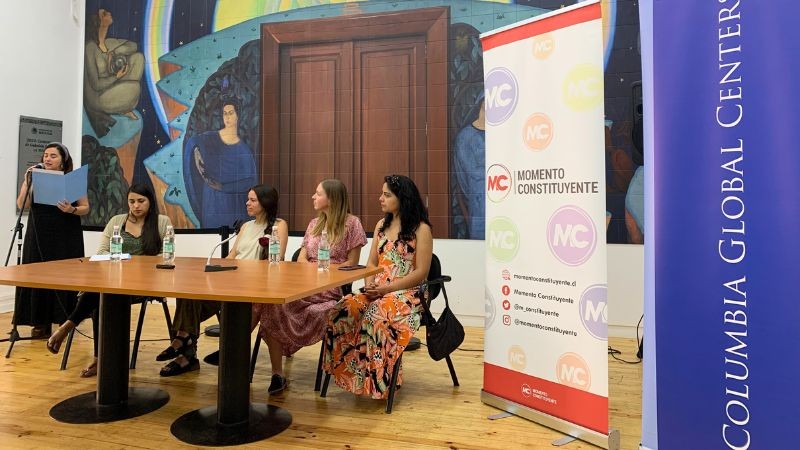
Session 1
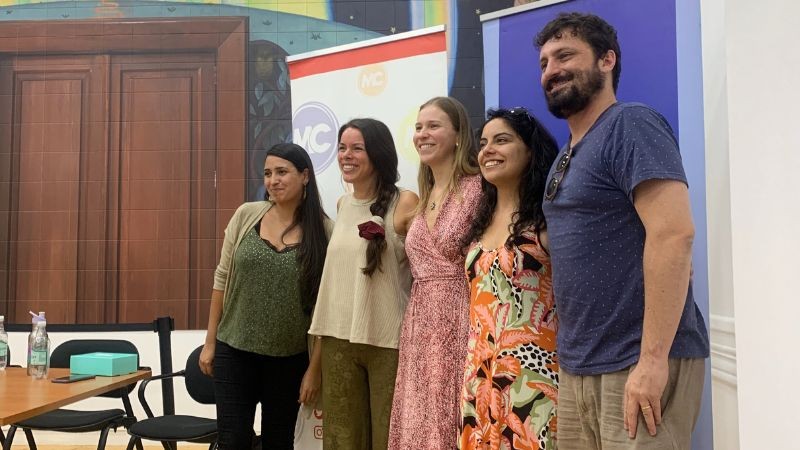
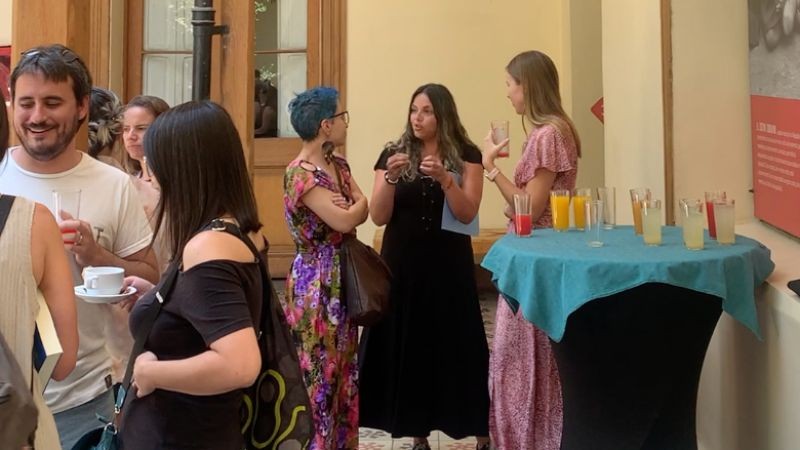
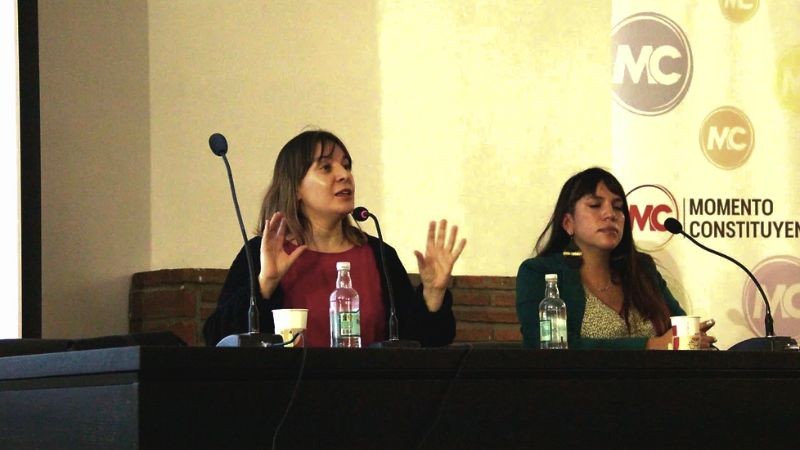
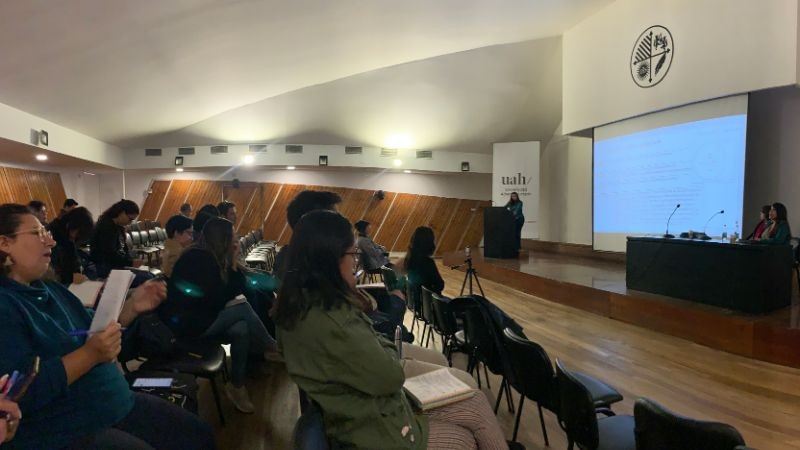
Session 2
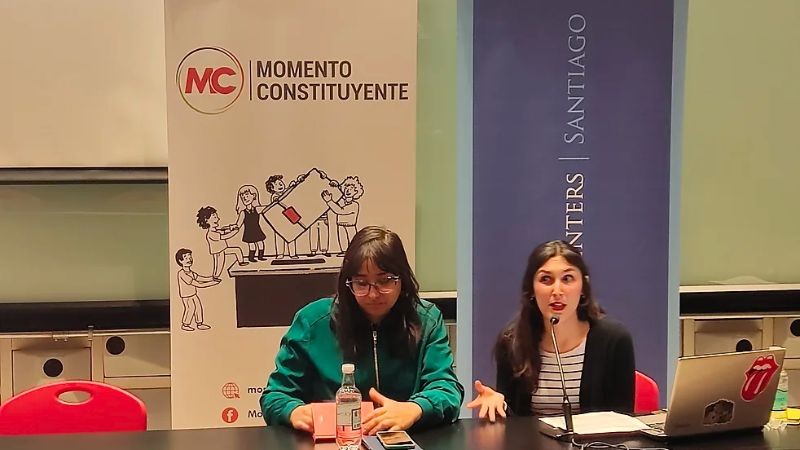
Session 3
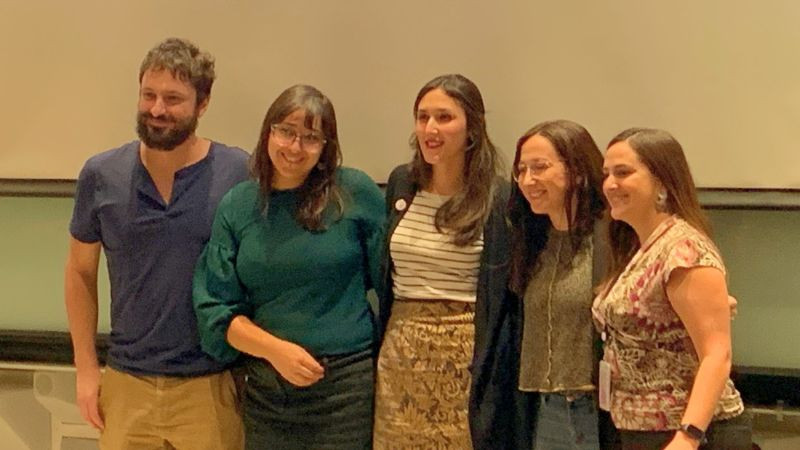
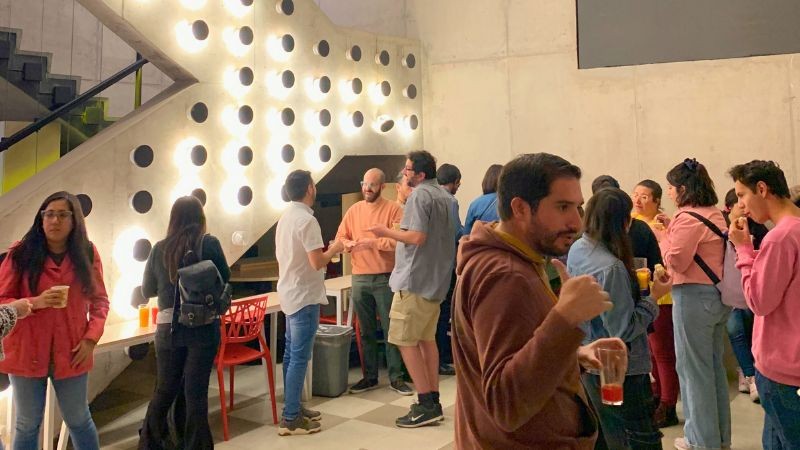
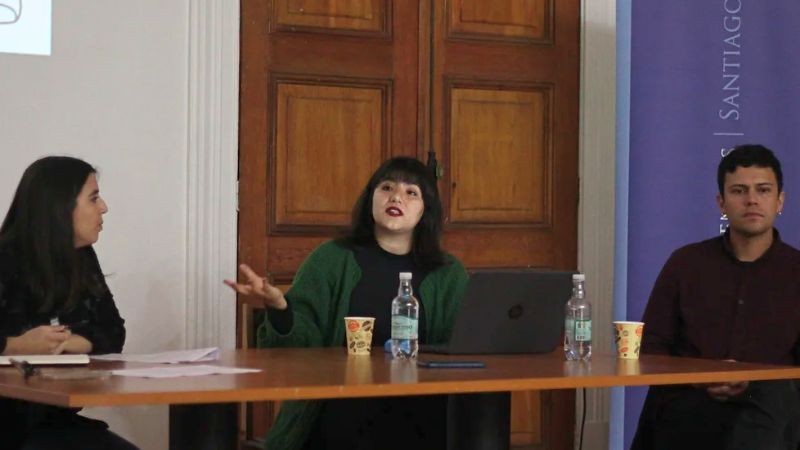
Session 4
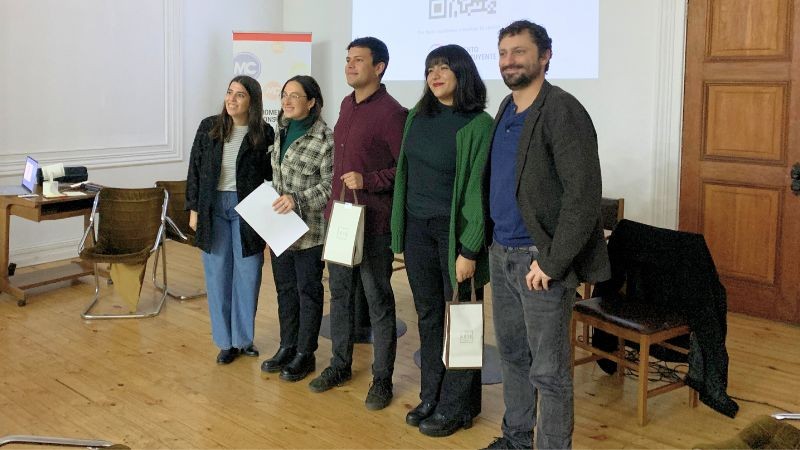
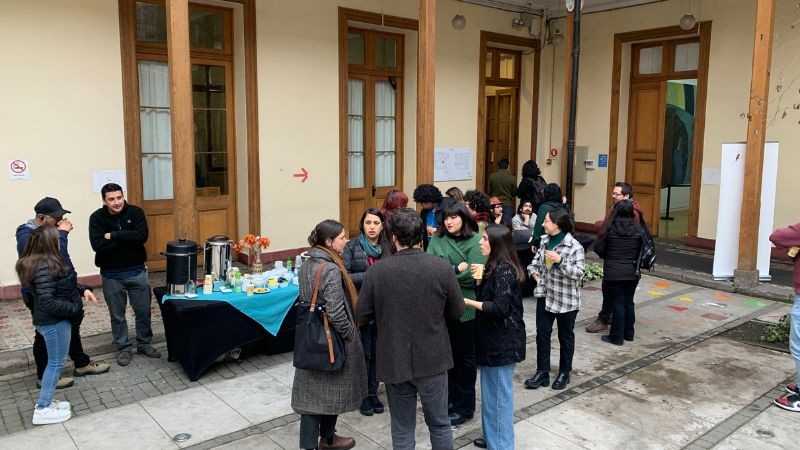
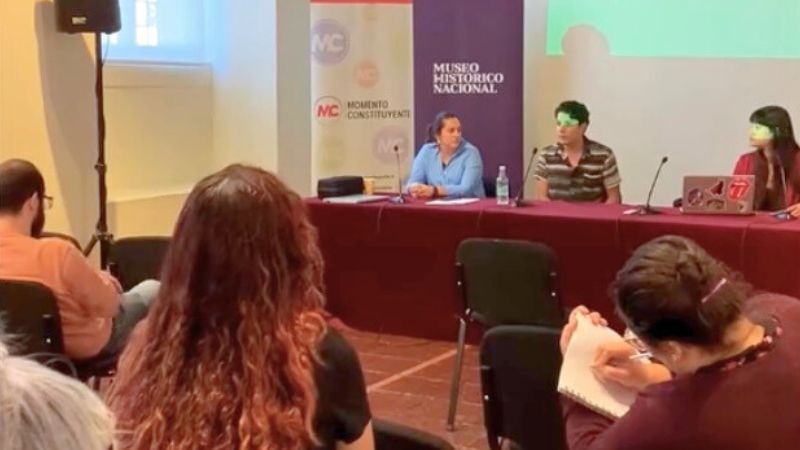
Session 5